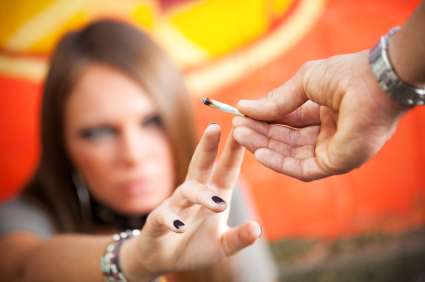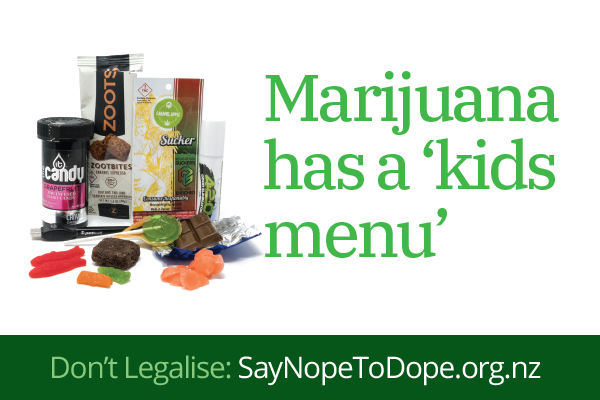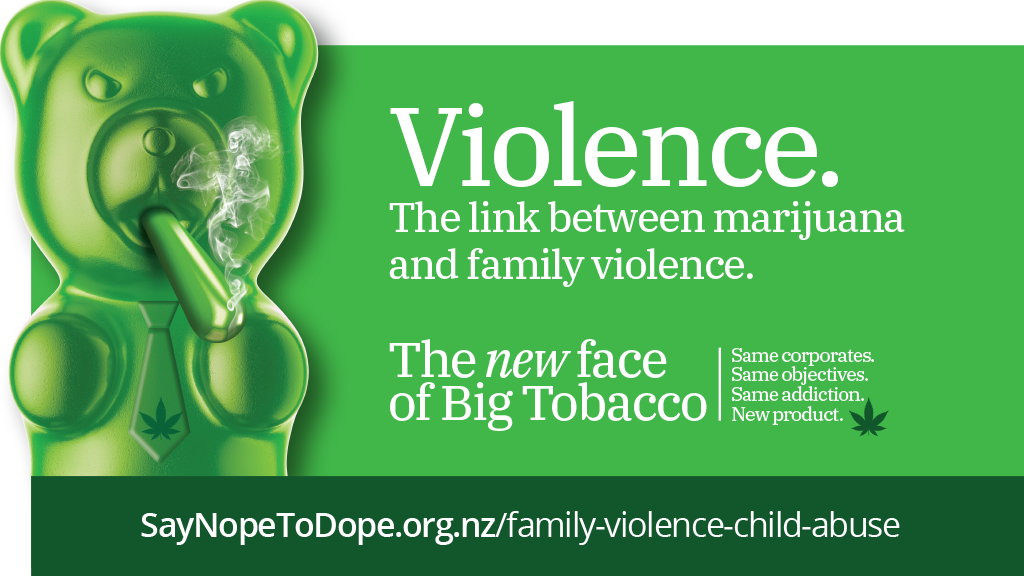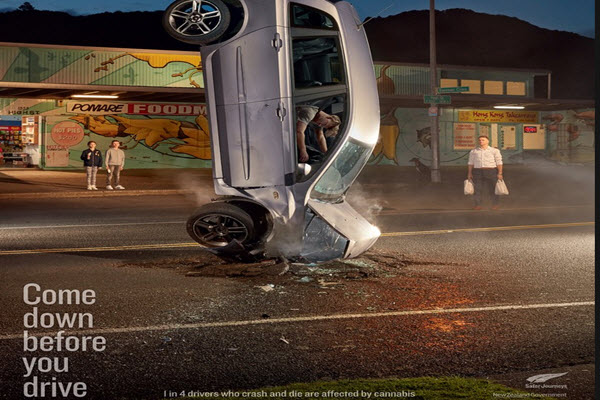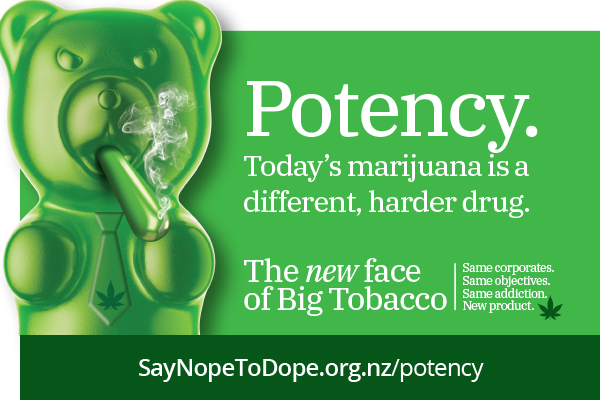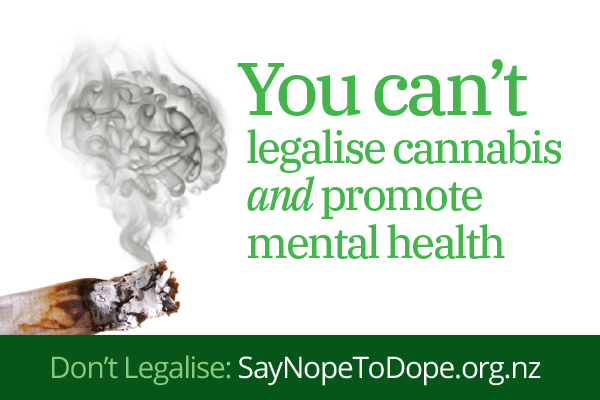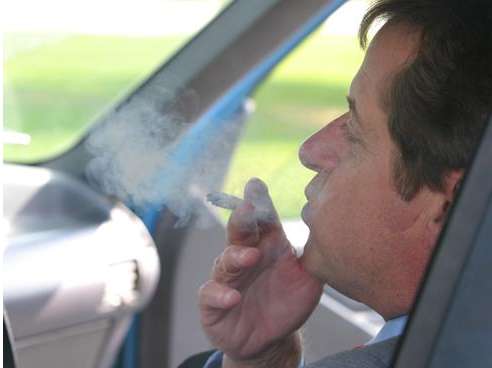
The Portugal News 20 December 2019
Family First Comment: Portugal is promoted as a success story by drug proponents in NZ.
But the evidence destroys those claims.
See saynopetodope.org.nz/portugal for plenty more evidence
#saynopetodope
VoteNO.nz
Deaths from overdose in Portugal increased by almost 30 percent in 2018 and reached their highest figure in the last five years, with most cases involving more than one substance, according to the SICAD reports.
Data from the Intervention Service in Addictive Behaviours and Dependencies (SICAD) presented in parliament showed that, in the records of the National Institute of Legal Medicine and Forensic Sciences, of the 307 deaths with the presence of illicit substances and information on the cause of death, 49 were considered overdose.
The SICAD reports highlighted in these overdoses the presence of opiates (65 percent), cocaine (51 percent) and methadone (31 percent), highlighting the increase in cases with both opiates and cocaine.
In the vast majority (92 percent) of overdoses, more than one substance was detected, with alcohol (45 percent) and benzodiazepines (20 percent) standing out in association with illicit drugs.
As for the other causes of deaths with the presence of drugs (258), they were mainly attributed to natural death (42 percent) and accidents (38 percent), followed by suicide (14 percent) and homicide (3 percent).
SICAD said that several indicators point to a greater circulation of drugs in the Portuguese market at a time of great challenges, such as the growing use of the Internet to market various psychoactive substances and the recent changes in the country’s role in international trafficking routes.
As for routes, Portugal has been a transit country in the context of international hashish and cocaine trafficking, inflows from Morocco and Latin America and the Caribbean, respectively, to other countries, especially European ones.
In the executive summary of the reports on the country’s situation regarding drugs, drug addiction and alcohol, the National Coordinator for the Problems of Drugs, Drug Addiction and the Harmful Use of Alcohol, João Goulão, said that the trends highlight the need for rapid responses and to prioritise interventions with an effective impact on the health gains of these populations.
https://www.theportugalnews.com/news/overdose-deaths-increase-by-almost-30/52412


